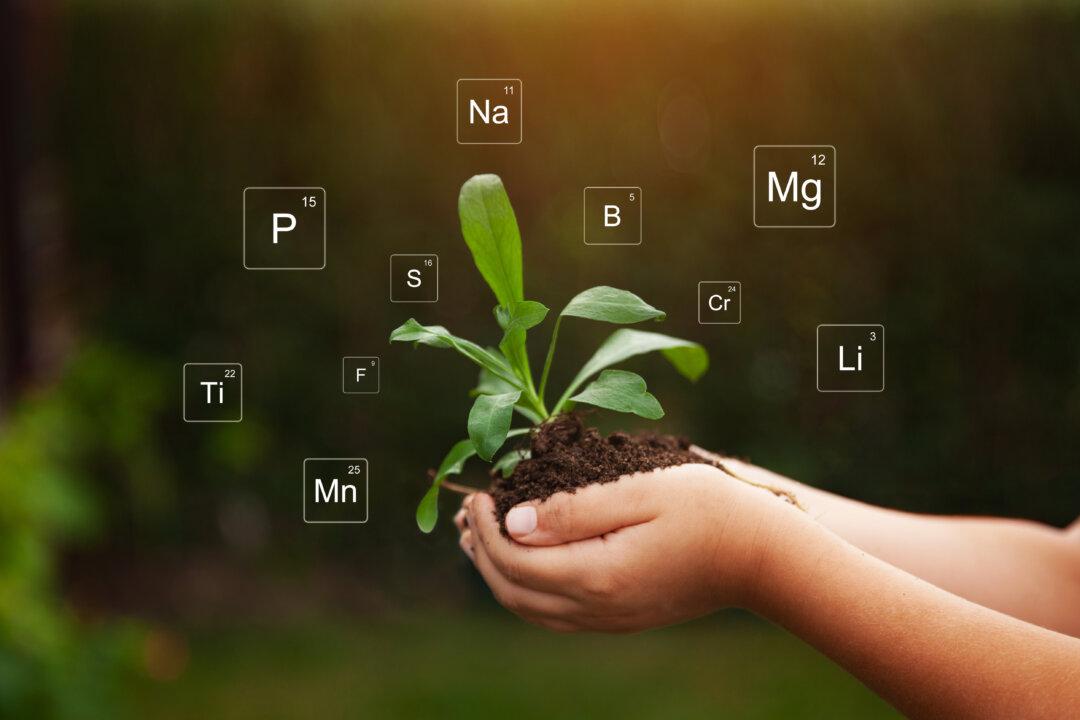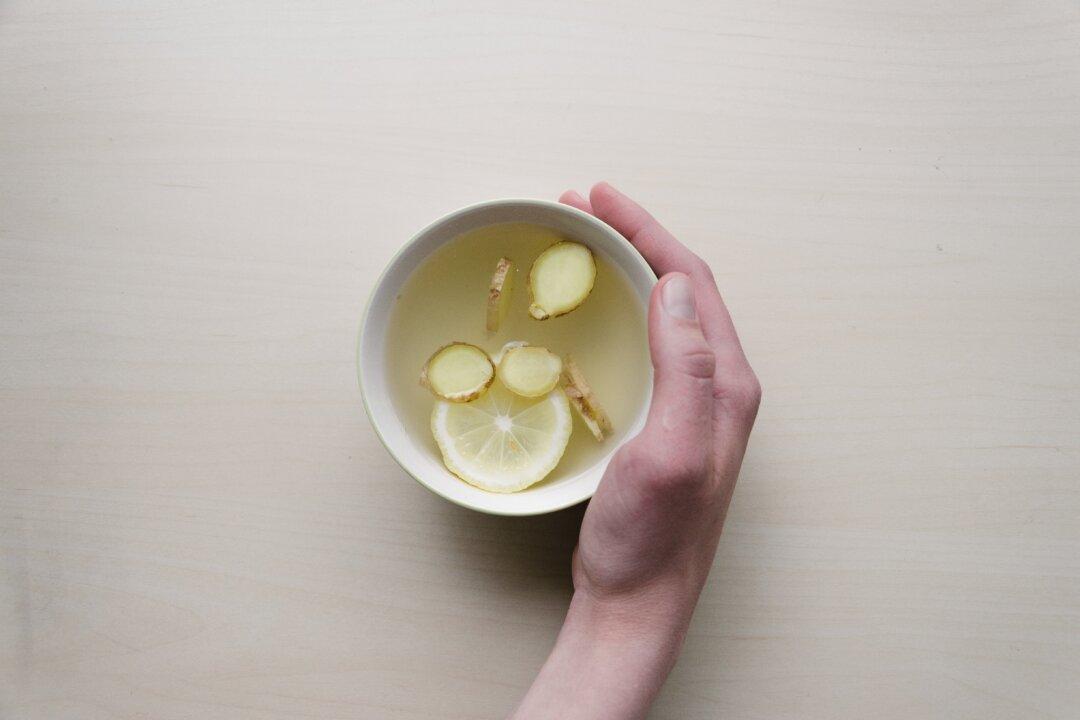Water is a precious resource many households take for granted. From the time you wake up until you go to bed, you depend on it to get you through your day.
Here are a few tips that’ll help you be more conscious of how much water you use, and as a bonus, save on your monthly water bill.





